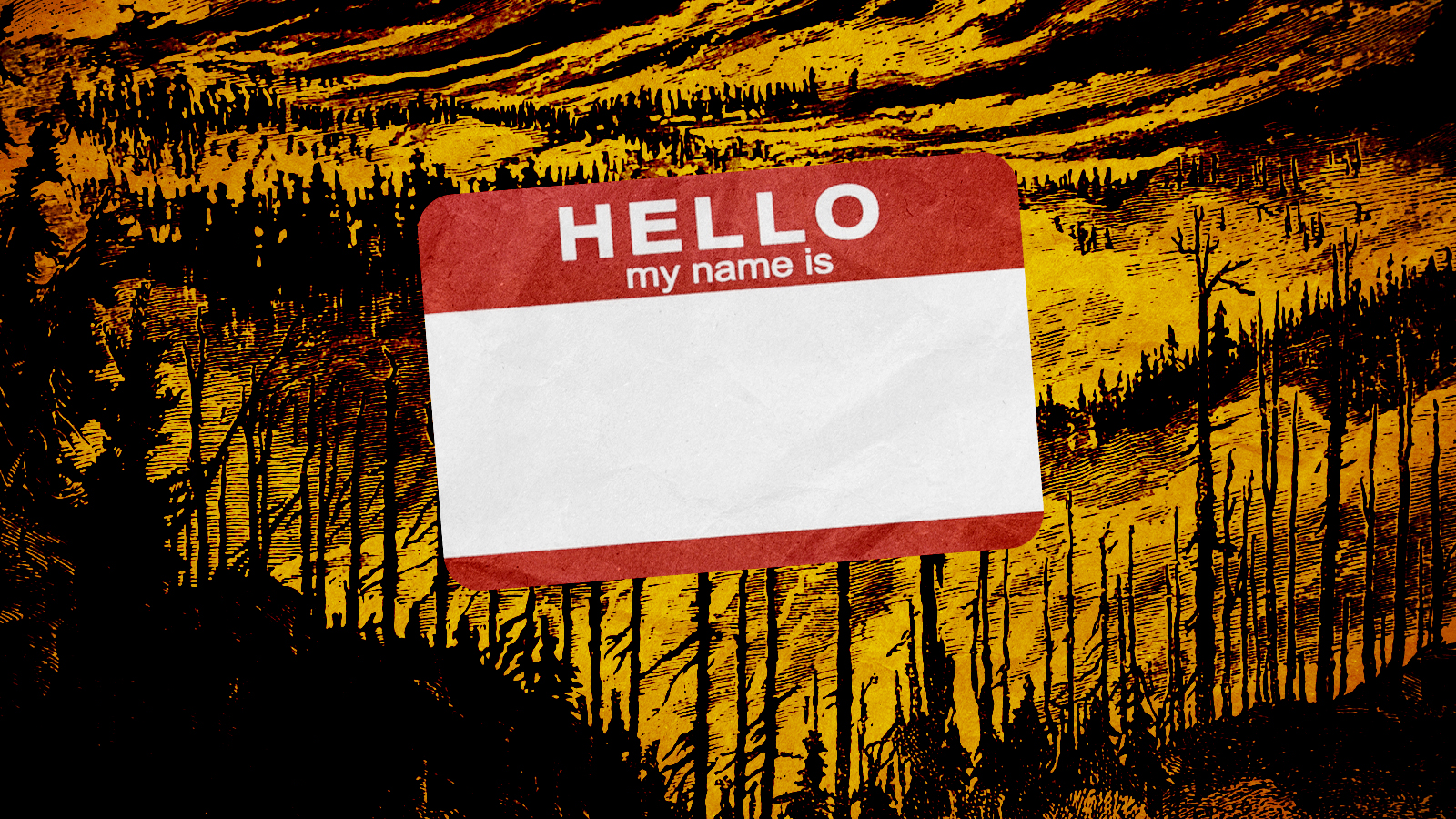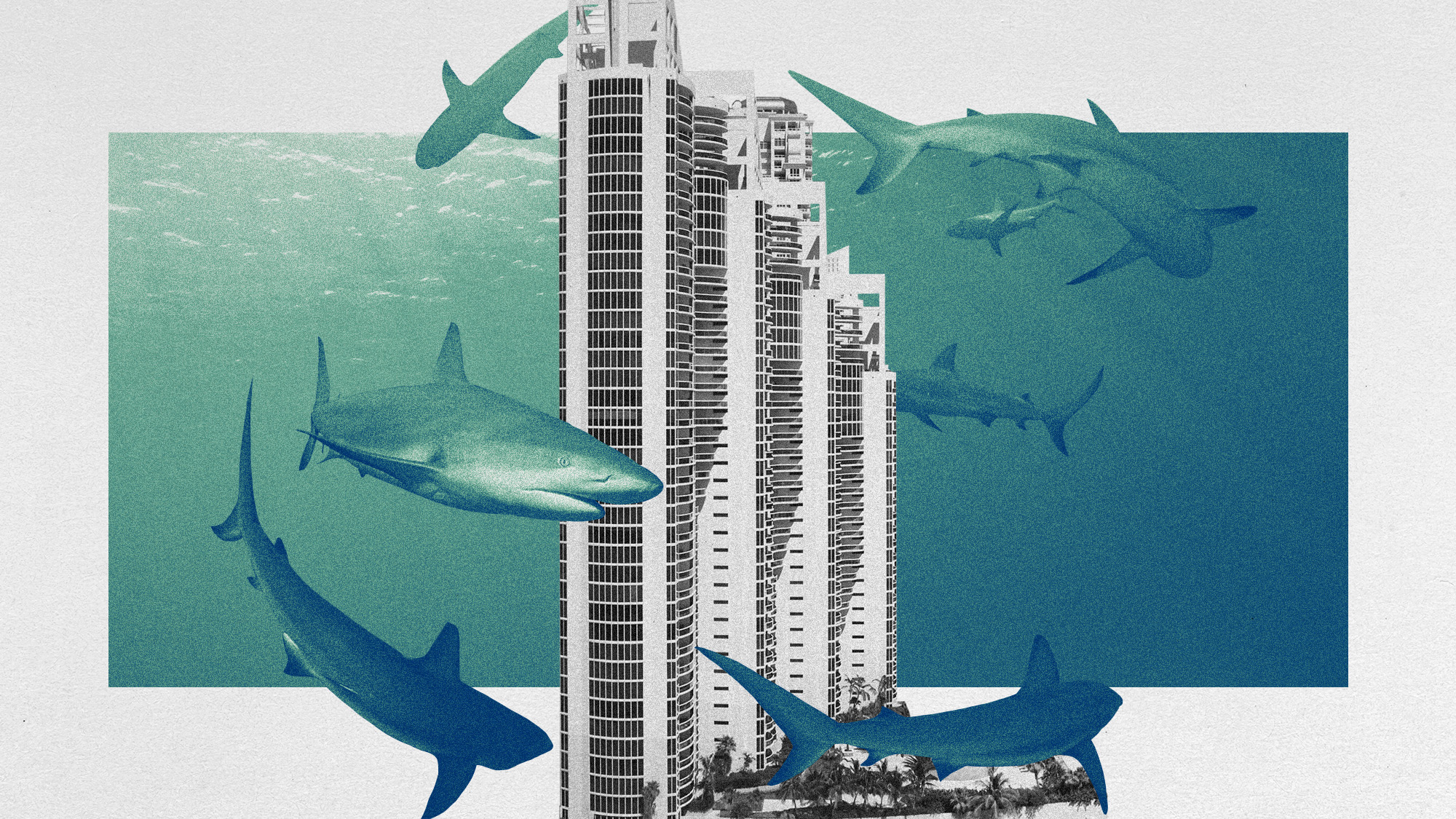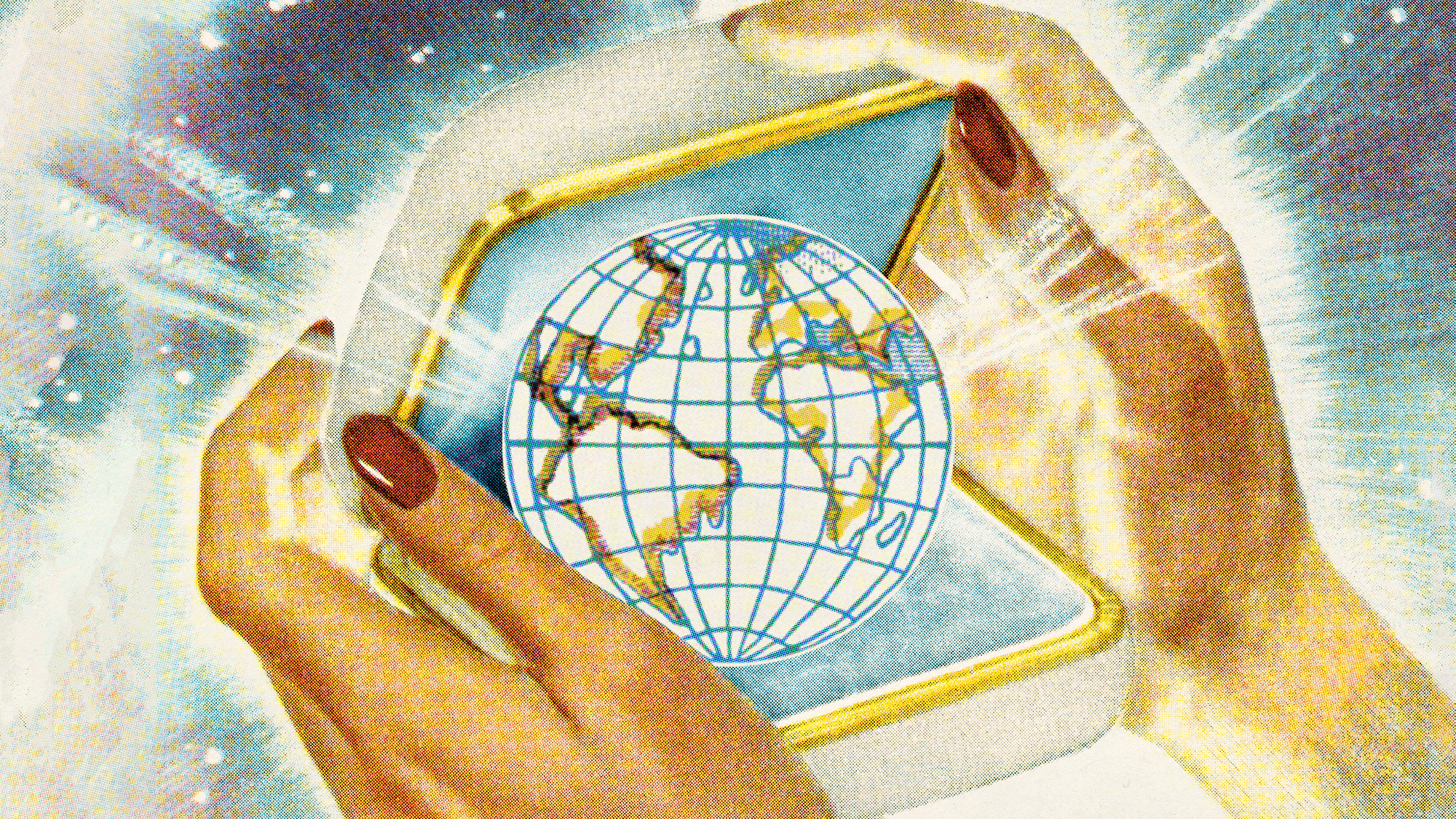Wildfires should get named like hurricanes
It won't fix the climate, but it would help convey the growing urgency of the crisis


A free daily email with the biggest news stories of the day – and the best features from TheWeek.com
You are now subscribed
Your newsletter sign-up was successful
The Bootleg Fire is currently the largest active wildfire in the nation. As of Thursday, it had burned a region 14 times larger than Manhattan and produced a 130-mile-long pyrocumulus cloud while remaining just 5 percent contained. "We have not seen a fire move like this, in these conditions, this early in the year," the local incident commander warned. "Expect the fire to do things that you have not seen before."
But unless you're someone directly affected by the blaze — a resident under one of the mandatory evacuation orders, or in the path of the smoke — "the Bootleg Fire" might not ring any bells. The name doesn't tell you anything about where it is burning (southeast Oregon) or, more importantly, where this particular mega-fire falls in the progression of the year's fire season (it's the first to have burned more than 100,000 acres, but California's Beckwourth Complex Fire isn't far behind).
That's a problem: The media needs to be covering the climate catastrophe in the West as seriously as it covers Eastern seaboard hurricanes, and while that isn't as simple as changing the naming system of fires, it is a place to start.
The Week
Escape your echo chamber. Get the facts behind the news, plus analysis from multiple perspectives.

Sign up for The Week's Free Newsletters
From our morning news briefing to a weekly Good News Newsletter, get the best of The Week delivered directly to your inbox.
From our morning news briefing to a weekly Good News Newsletter, get the best of The Week delivered directly to your inbox.
Wildfires are traditionally named after the location where they started or a landmark near them. But because so many fires start in relatively remote areas, the names are often meaningless to anyone from much outside of town: The current Darlene Fire, for example, is reportedly named after Darlene Way, a small road in the tiny Oregon town of La Pine, while the misleadingly-named Lava Fire, near an old lava flow off of Mount Shasta, was started by lightning. There are so many fires now, though, that first responders actually run out of names: There have been five Lilac Fires in San Diego County, and Idaho's 2015 Not Creative Fire was so named because the crew couldn't come up with anything creative to call it.
Hurricanes, on the other hand, are media darlings and given significantly more coverage than wildfires. "[T]he week Hurricane Florence made landfall, there were nearly 9,000 articles written about hurricanes; there were over 4,000 the week Hurricane Michael hit," observed Recode in 2018. "Meanwhile, during the week of Nov. 10, when the Camp Fire" — the deadliest American wildfire since 1918 — "was in full swing, only 2,000 articles were written." Part of that is logistics: hurricanes give reporters long lead times, while fires can become conflagrations within mere hours. But it's also bias: "If this was happening somewhere in or near the Boston-Washington corridor — and if the air in New York City and Washington was remotely as bad as the air in the Bay Area (where I live) — TV news would be on the story almost nonstop," journalism professor Dan Gillmor argued to the Los Angeles Times.
But hurricanes, and hurricane season more largely, are also better positioned as a media narrative because of the predetermined and easily understood naming system for the storms. The World Meteorological Organization decides on hurricane names years in advance and publicizes the lists, cementing hurricane season as an annual phenomenon that needs to be prepared for. Fire season in the West should be understood the same way.
The alphabetical naming system of Atlantic storms also keys the public into the severity of a given season. While it would be impossible to come up with a coherent naming system for the thousands of fires that burn across the country every year, systematically singling out the mega-fires — those that burn more than 100,000 acres, like the Bootleg — would be simpler, since there were only 27 such events in 2020. Assigning a fire a new name once it reaches that grim benchmark of acreage would spark headlines and, hopefully, renewed attention and alarm.
A free daily email with the biggest news stories of the day – and the best features from TheWeek.com
"Wildfire Ana" admittedly doesn't tell readers anything more about a fire's location than "Bootleg." But awareness of just how many mega-fires are burning across the U.S. every year, and how early, could be an easy and informative adjustment and one with a high upside: The fire crisis in the West is a result of human-caused climate change, and it is only going to get worse year after year without urgent, drastic action. Calling a fire "Victor" isn't going to save the planet, but if it means more people rightly think wow, there have been a lot of big fires this year, then we should have done it yesterday.
Jeva Lange was the executive editor at TheWeek.com. She formerly served as The Week's deputy editor and culture critic. She is also a contributor to Screen Slate, and her writing has appeared in The New York Daily News, The Awl, Vice, and Gothamist, among other publications. Jeva lives in New York City. Follow her on Twitter.
-
 How the FCC’s ‘equal time’ rule works
How the FCC’s ‘equal time’ rule worksIn the Spotlight The law is at the heart of the Colbert-CBS conflict
-
 What is the endgame in the DHS shutdown?
What is the endgame in the DHS shutdown?Today’s Big Question Democrats want to rein in ICE’s immigration crackdown
-
 ‘Poor time management isn’t just an inconvenience’
‘Poor time management isn’t just an inconvenience’Instant Opinion Opinion, comment and editorials of the day
-
 How climate change is affecting Christmas
How climate change is affecting ChristmasThe Explainer There may be a slim chance of future white Christmases
-
 Why scientists are attempting nuclear fusion
Why scientists are attempting nuclear fusionThe Explainer Harnessing the reaction that powers the stars could offer a potentially unlimited source of carbon-free energy, and the race is hotting up
-
 Canyons under the Antarctic have deep impacts
Canyons under the Antarctic have deep impactsUnder the radar Submarine canyons could be affecting the climate more than previously thought
-
 NASA is moving away from tracking climate change
NASA is moving away from tracking climate changeThe Explainer Climate missions could be going dark
-
 What would happen to Earth if humans went extinct?
What would happen to Earth if humans went extinct?The Explainer Human extinction could potentially give rise to new species and climates
-
 Bacteria can turn plastic waste into a painkiller
Bacteria can turn plastic waste into a painkillerUnder the radar The process could be a solution to plastic pollution
-
 Florida has a sinking condo problem
Florida has a sinking condo problemUNDER THE RADAR Scientists are (cautiously) ringing the alarms over dozens of the Sunshine State's high-end high-rises
-
 Diamonds could be a brilliant climate solution
Diamonds could be a brilliant climate solutionUnder the radar A girl and the climate's best friend
